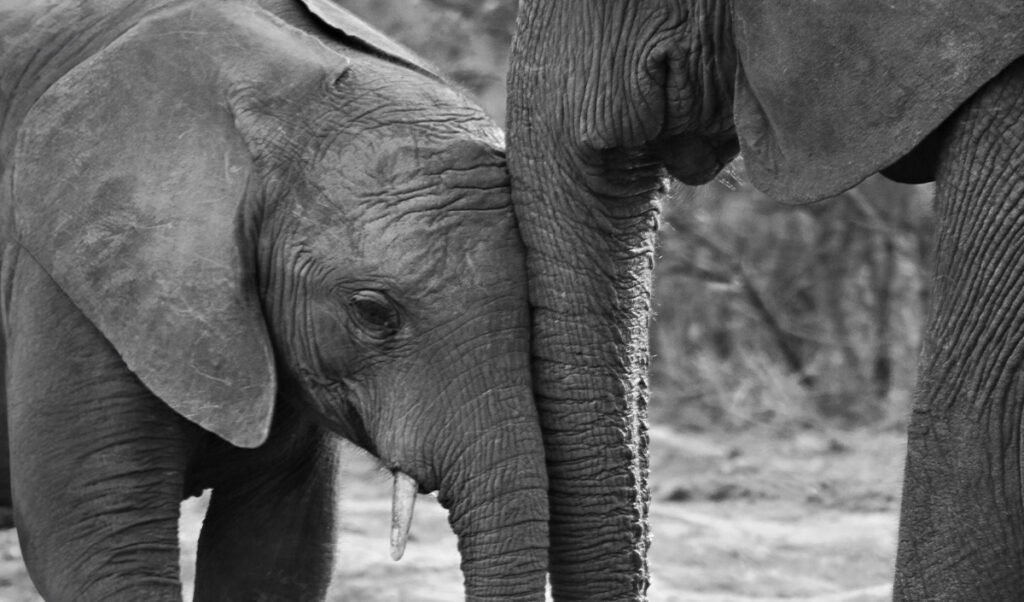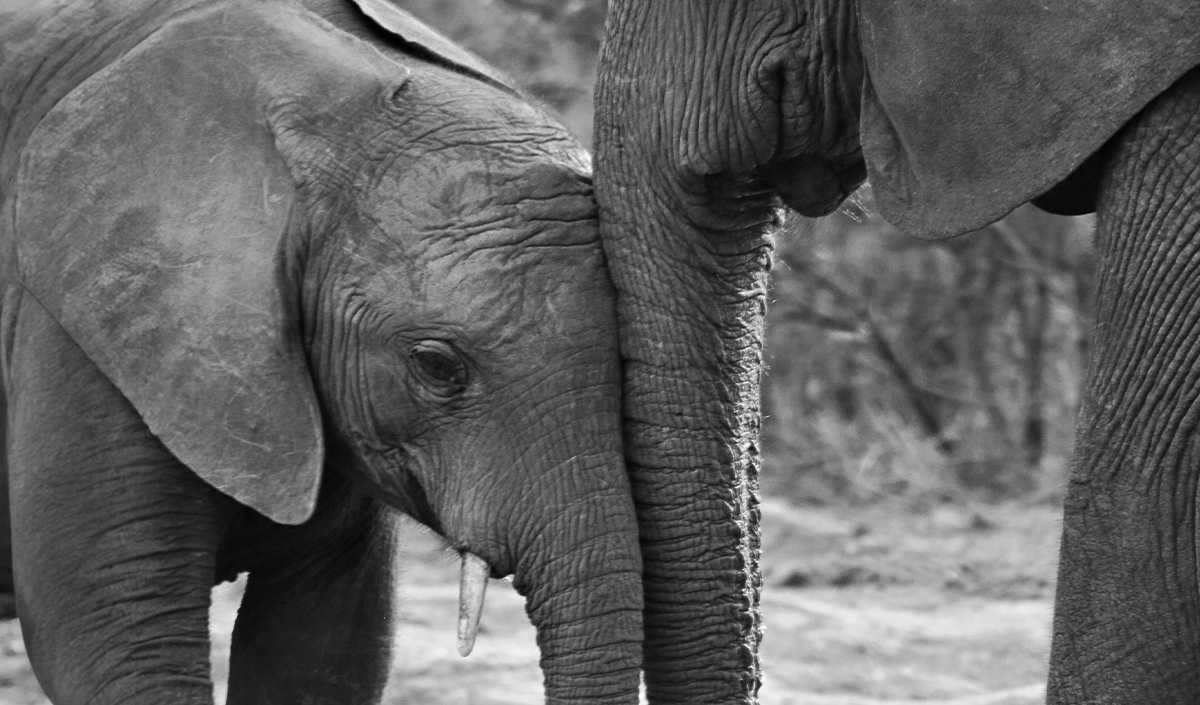Doing the right thing

Canada joins a global campaign to ban elephant ivory tusks and rhino horns to preserve two of nature’s greatest treasures.
For many people, the thought of Africa immediately conjures up the image of a great elephant or rhinoceros. Perhaps no continent on Earth is so immediately identified with animals as Africa. However, if we don’t act soon and forcefully, those iconic animals will be gone forever because of poachers.
The Canadian government took a step in the right direction in November by enacting a historic ban on elephant ivory tusks and rhino horns, as well as the importing of any hunting trophies containing these parts. This landmark measure is a critical step in protecting these treasured species and follows a seven-year campaign by Humane Society International/Canada, which had the overwhelming support of animal protection groups, conservationists, African nations and many notable Canadians.
Poachers have decimated the population of African elephants and rhinos over the past several decades simply because there is a market for elephant-ivory tusks and rhino horns. As many as 25,000 elephants and 1,300 rhinos are killed by poachers in Africa every year. The African elephant population has declined by 96 per cent over the last century, with scientists warning that they as well as many rhinos could become extinct within the next few decades in the absence of global intervention to discourage poachers. Eliminate the markets for elephant ivory tusks and rhino horns and we can dramatically reduce the global demand.
Canada’s move has it joining its top trading partners, including the United States, China and the United Kingdom, who have all closed their elephant ivory markets in response to declining elephant populations. In the most recent available data from 2010 through 2021, 450 elephant tusks, 16 rhino horns and an additional 81 elephant trophies and 44 rhino trophies were still legally imported into Canada.
“ELEPHANT AND RHINO POPULATIONS HAVE BEEN DECIMATED BY THE GLOBAL TRADE IN THEIR PARTS, AND POACHING CAUSES CONSIDERABLE SUFFERING TO THESE INCREDIBLE ANIMALS.”
That sort of importation will now be banned due to a public outcry — a 2020 Insights West poll found that 94 per of Canadians supported an elephant ivory trade ban, and a petition for a Canadian ban on elephant ivory trade collected more than 700,000 signatures. Action has also come from many eminent Canadians, including an open letter in June 2021 by naturalist and scientist David Suzuki and renowned artist and conservationist Robert Bateman.
“I have had the great privilege of observing wild African elephants, and like so many other Canadians, I am devastated by the prospect of their extinction and their ongoing suffering at the hands of humans,” says Bateman. “The survival of African elephants and rhinos hinges on the actions of the global community, and I commend Canada for enacting meaningful policies to safeguard these amazing animals for generations to come.”
Canadian musician Bryan Adams, Order of Canada recipient and one of the best-selling musical artists of all time, also weighed in with his support, saying, “As a long-time animal advocate, I am thrilled that Canada has listened to the overwhelming number of Canadians who demanded action to end the senseless killing of elephants and rhinos. The policies enacted by the Canadian government set a powerful precedent for countries around the world to join the fight to protect elephants and rhinos.”
“Elephant and rhino populations have been decimated by the global trade in their parts, and poaching causes considerable suffering to these incredible animals,” says Kelly Butler, campaign manager for Humane Society International/ Canada. “The Canadian government has shown leadership and reflected the will of Canadians and the vast majority of African nations holding elephant populations. At last, Canadians can rest assured that our country is doing our part to ensure these majestic animals have a future.”
African elephants and rhinos are among nature’s most magnificent species. The Canadian government ban on the trade of domestic elephant ivory tusks and rhino horns is another small yet notable step to help preserve the animals so they can be enjoyed for many generations to come.
















































































